 Interagency Autism Coordinating Committee (IACC)
Interagency Autism Coordinating Committee (IACC)
 Autism Research Database (AFD)
Autism Research Database (AFD)
- Strategic Plan
Questions - Funders
- Federal vs Private
Funding - Strategic Plan
Multiyear Funding - Strategic Plan
Objectives - Subcategories
- Geography
| Project Element | Element Description |
|---|---|
Project TitleProject Title |
Neural circuitry linking oxytocin deficiency and social impairment in ASD |
Principal InvestigatorPrincipal Investigator |
Choe, Katrina |
DescriptionDescription |
Recent research has shown that CNTNAP2 is an autism risk gene, and creating a mutation of this gene in mice causes multiple autism-like behavioral phenotypes including abnormal social behavior. In these mice, a lowered level of brain oxytocin has been found, and supplementing the hormone remarkably improves their social behavior. It remains unknown how a mutation in this gene leads to lowered brain oxytocin, and also how this interferes with social behavior. I propose to investigate the brain circuit abnormalities involving oxytocin neurons in the Cntnap2 knockout mice, with aims to discover how gene disruptions can interfere with proper development of brain circuits, which may underlie abnormal social behavior observed in autism. |
FunderFunder |
Canadian Institutes of Health Research |
Funding CountryFunding Country |
Canada |
Fiscal Year FundingFiscal Year Funding |
52915 |
Current Award PeriodCurrent Award Period |
2016-2018 |
Strategic Plan QuestionStrategic Plan Question |
Question 2: What is the Biology Underlying ASD? |
Funder’s Project LinkFunder’s Project Link |
No URL available. |
InstitutionInstitution |
University of California (Los Angeles) |
Institute LocationInstitute Location |
United States |
Project NumberProject Number |
359433 |
Government or PrivateGovernment or Private |
Government |
History/Related ProjectsHistory/Related Projects |
Neural circuitry linking oxytocin deficiency and social impairment in ASD |
75000
| 2016 |
401457
|



